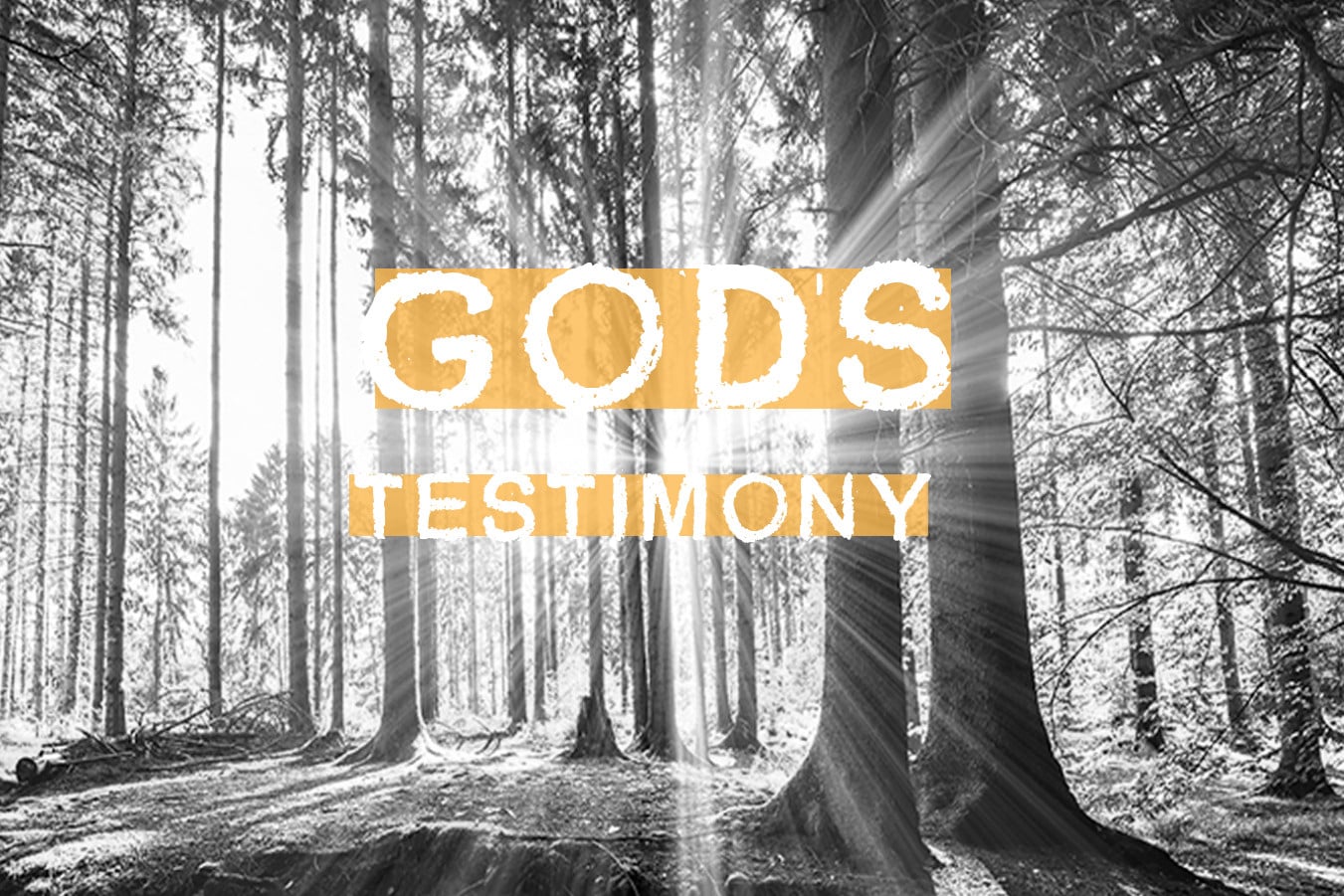Picture this: you are walking back home from a busy day and you see a blind person trying to cross the highway. No one …
The Message
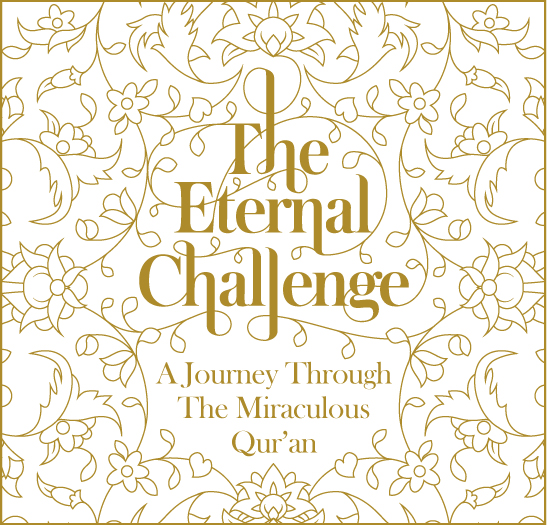
THE ETERNAL CHALLENGE: A JOURNEY THROUGH THE MIRACULOUS QUR’AN
A Sneak Preview Inside The Book About The Author Frequently Asked Questions
THE ETERNAL CHALLENGE: A JOURNEY THROUGH THE MIRACULOUS QUR’ANRead More
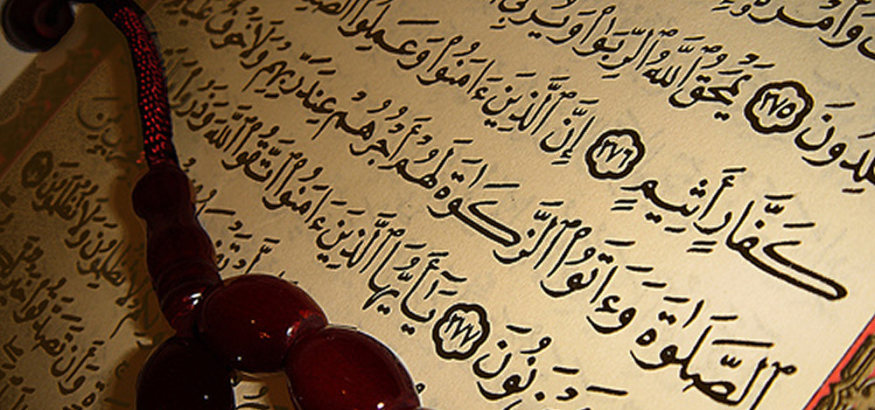
READ THE QURAN
The Noble Quran is a book of guidance and spiritual progress. This book outlines the values and beliefs that can make you the best person you can be. It teaches a way of thinking that is positive, progressive and solution-oriented. Any person who adopts the worldview of this book becomes aperson who believes in justice …
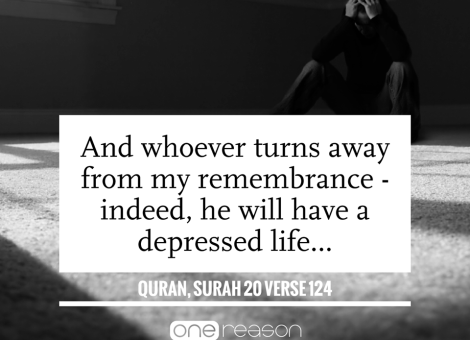
REFLECTIONS
REFLECTIONS Reflect on the following powerful images with deep and thought provoking Qur’anic verses.
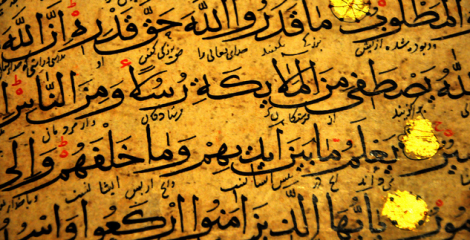
THE QURAN’S IMPACT ON THE WORLD
Before the coming of Islam the world was in a state of oppression and injustice. Pre-Islamic Arabia was a dreadful place to live in as the Arabs were a people without any set moral values. Slavery was an economic institution of the Arabs. Male and female slaves were bought and sold like animals, and they …
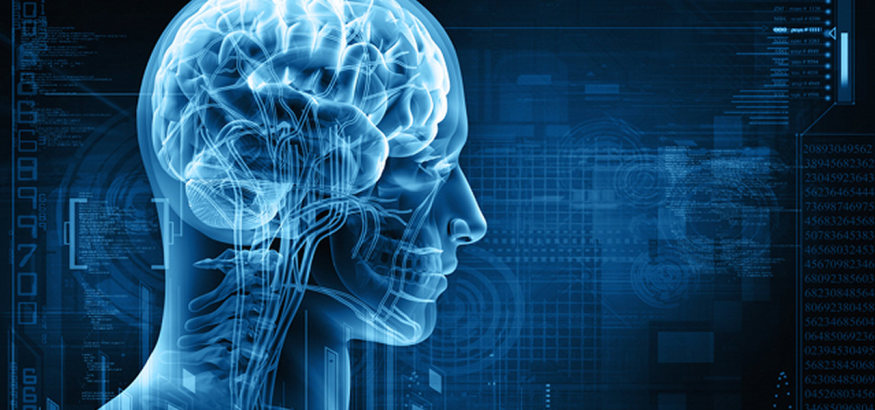
THE QURAN AND SCIENCE
Science has changed the world. From medicine to telecommunications, science has improved our lives and well-being in ways that no other field of study has achieved. Simply put, science continually elevates our lives, and our understanding of the world and the universe. Thus, it is not surprising that many of us see science as the …
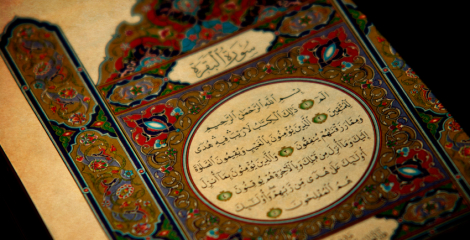
WHAT DOES THE QUR’AN TEACH?
The Qur’an engages its audience by inviting us to ponder some rational, logical questions which we can use to arrive at a conclusion about our origins. The first question that the Qur’an poses to us is: were we created by nothing? Can something really come from nothing? This is impossible, as we know from our …

WHAT IS THE QURAN?
The word “Qur’an” is Arabic for “recitation”. Indeed one of the many things that make the Qur’an unique is that it claims to be the literal speech of God. Muslims believe that the Qur’an was dictated to Prophet Muhammad, may God’s peace be upon him (or pbuh for short), by God Almighty through the angel …

